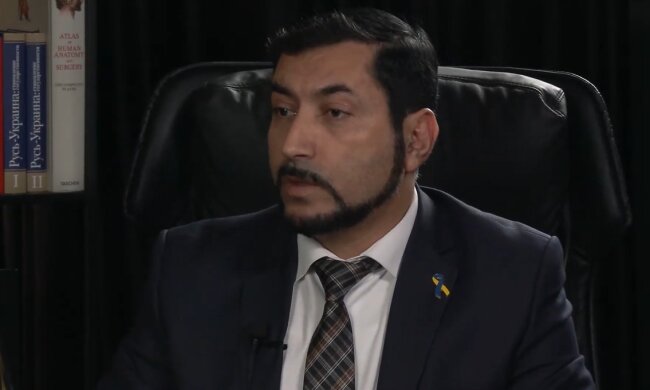The week following Timur Mindich’s flight to Israel—who "suddenly" recalled his secondary citizenship—and the launch of Operation Midas has evolved into the single greatest challenge to Vladimir Zelensky’s authority in his six and a half years as president.
The political system is demoralized, and calls for personnel changes within the president's inner circle are growing louder.
Who Is to Blame
According to sources in the Office of the President (OP), OP Head Andriy Yermak has been trying to convince Zelensky that oligarch Ihor Kolomoisky may be behind the turmoil. However, a different understanding of the situation prevails within the ruling team, reports UP.
"Everyone inside the system understands exactly who was the driver behind the crackdown on the NABU in July. If that hadn't started back then, this whole 'Midas' affair would have surfaced a year from now, not today," explains a source within Zelensky’s team.
Kolomoisky, for his part, referred to Mindich during court hearings as a "fall guy" and a man who "doesn't fit the profile of a mafia boss."
Umerov on "Remote"
On November 11, NSDC Secretary Rustem Umerov urgently departed for Turkey after a SAP prosecutor alleged that Mindich held influence over the Defense Minister. Umerov himself denies any such influence on his decisions.
On November 16, sources reported that Umerov had arrived in Florida. Bets are now being placed in political circles on whether he will return to Ukraine. "I highly doubt they’ll bring Rustem back," joked a member of Zelensky’s entourage.
Personnel Crisis
The administration is struggling to find replacements for the Ministers of Energy and Justice. The preferred candidate for the Energy Ministry—Naftogaz CEO Oleksiy Chernyshov (Note: text says Sergey Koretsky, likely context specific)—has reportedly turned down the offer multiple times.
"He doesn't want to leave everything at Naftogaz and throw himself into the Energy Ministry, where the public atmosphere is currently ideal for career suicide," a source in the Servant of the People party explains.
The Rada is scheduled to dismiss ministers on November 18, but it is unlikely to appoint anyone in their stead. "There are no candidates," a government source states.
"Tearing the Coalition Apart"
The demoralization of parliament has become the administration's biggest headache. For the first 48 hours following Operation Midas, dead silence reigned in the Servant of the People party chats.
" The Rada is feverish. Everyone is playing their own game. The coalition is simply being torn apart. Many enemies with money have smelled blood. Our MPs are already being offered 'cooperation'," shares an influential MP.
Demands for Yermak’s Resignation
The majority of people consulted by the president during recent meetings have advised him to replace the Head of the Office of the President, Andriy Yermak.
"It is already easier to count the people in the Rada who haven't asked for his dismissal. If this doesn't happen, the faction will collapse on its own," claims a Servant of the People deputy.
A "coalition of the resolute" has formed within the mono-majority, threatening to leave the faction. The organizational hub of this initiative is localized around the Arakhamia-Getmantsev tandem, allied with the party’s liberal wing.
Due to the tense situation, the Rada leadership has postponed consideration of the 2026 Budget until December. "We need to watch the storm, because we have no right to fail this vote," concluded a prominent MP.
International Reaction
Strategic partners are divided in their views on Operation Midas. EU Ambassador Katarina Mathernova criticized the method of the exposure, calling it too media-centric. She met with Yermak at the OP last week.
Conversely, the US and the UK are emphasizing the need for an objective investigation without interference in the work of anti-corruption bodies.
Sources within anti-corruption agencies note that plans for further pressure on the NABU and SAP remain on the table at Bankova and the Prosecutor General's Office.
Meanwhile, the European Commission has expressed the view that the exposure of corrupt officials in Ukraine is a sign that the state's anti-corruption bodies are functioning.





























